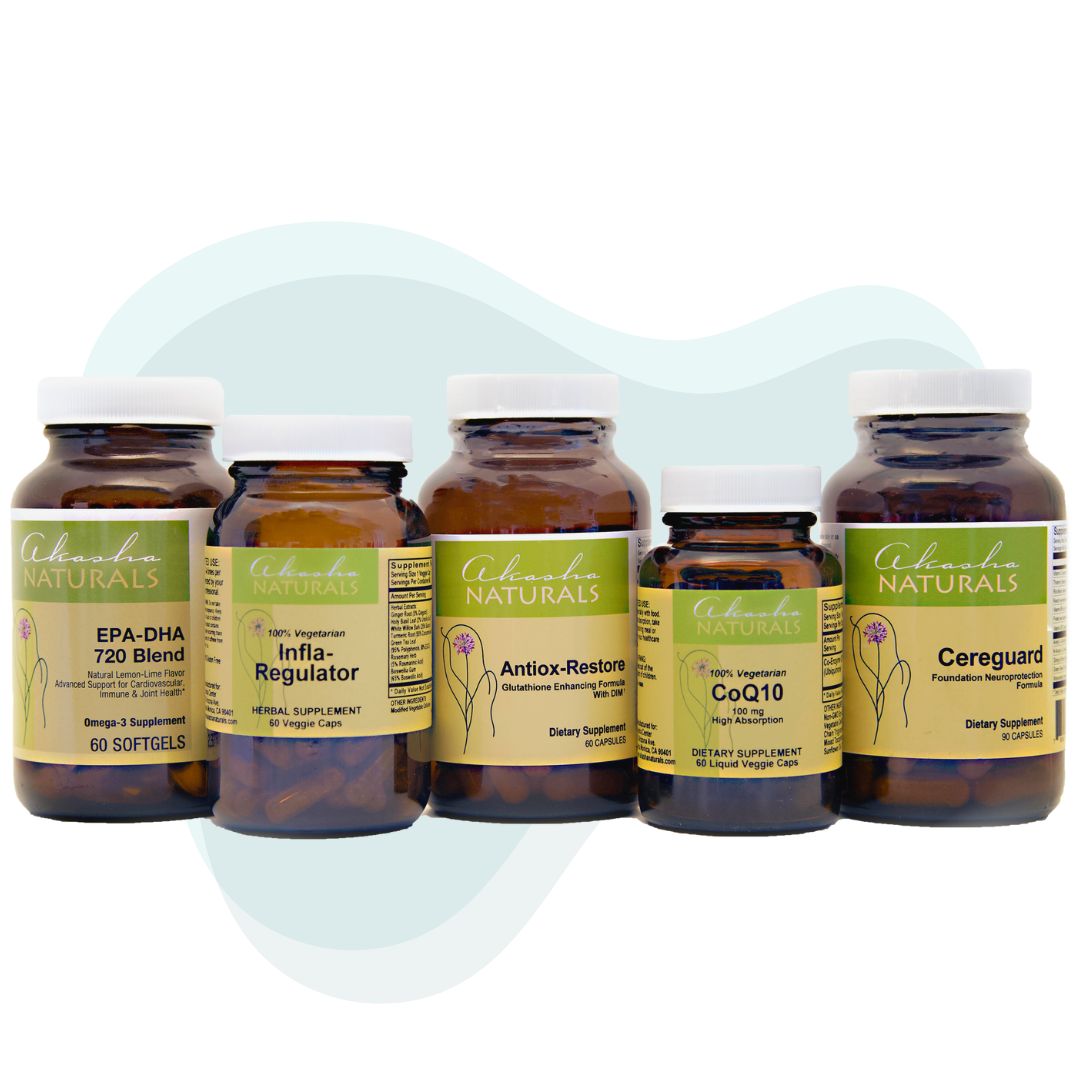By Maggie Ney, ND
Hormones affect mood. It really is that simple. However, the basic concept that hormones affect mood is not widely appreciated or investigated when a patient presents to the doctor with symptoms of depression or anxiety. Mainstream medicine is quick to “fix” anxiety and depression with prescription medication. Sometimes these medications are absolutely indicated, but not to the exclusion of investigating how the patient’s unique
hormonal make-up may be affecting her health and mood.
I see women regularly in my practice experiencing depression and/or anxiety. Often, they come to see me because they know something is “off” in their bodies. The medical community does a disservice to women when possible hormonal causes of their unwelcome moods are not thoroughly discussed or evaluated.
Below is a list of hormones that affect our mood and well-being. While they are listed separately, they interact together. Their interactions are powerful, intricate and exciting. When one hormone is imbalanced, other hormones are affected.
Estrogen and Progesterone
Although estrogen and progesterone are clearly different hormones, they work closely together to promote optimal physical, mental and emotional health in women. Both estrogen and progesterone decline with age—but the age at which they decline is unique to each woman. One of the greatest misconceptions is that these hormones decline when women are in their 50s and their periods have stopped. For some women, estrogen and/or progesterone can begin to fluctuate in their teenage years.
Mood symptoms of estrogen deficiency include depression, fatigue, low libido, and poor memory. Mood symptoms of progesterone deficiency (also symptoms of estrogen excess, which is very common) include irritability, anger, insomnia, and excessive tension and anxiety.
Estrogen may also increase serotonin, a neurotransmitter associated with feeling good. Many of the antidepressants prescribed today work by increasing serotonin levels. I have patients who are able to get off their antidepressants or avoid increasing their dosage once estrogen and progesterone levels are balanced.
Testosterone
Testosterone has many vital roles in women and, like the other sex hormones, starts to decline with age. Many younger women, who have been on birth control pills, may also have low testosterone and experience symptoms associated with low testosterone levels. Symptoms associated with testosterone deficiency include increased submissiveness, rigidity, depressed drive and initiative, anxiety, poor memory, and low sex drive.
Melatonin
Melatonin induces sleep and promotes nighttime relaxation of muscles and nerves. This hormone also protects against free radicals because of its antioxidant property, possibly slowing the aging process and the onset of age-related diseases. Melatonin also decreases with age and affects on one’s mood. Melatonin deficiency symptoms include anxiety and nervousness, especially at night, insomnia, depression (especially seasonal affective
disorder) and irritability.
Thyroid Hormones (T3 and T4)
The thyroid gland controls the metabolic action of every cell in the body. When one has a thyroid hormone imbalance, her entire physical, emotional and mental state is affected adversely. With respect to mood only, low thyroid hormones can manifest as fatigue, especially morning fatigue, apathy, depression, more pronounced in the morning, brain fog, and difficulty in concentrating.
Cortisol
Cortisol is secreted by the adrenal gland, our stress gland. When our bodies are under chronic stress, our adrenal glands work overtime to keep up their production of cortisol. Adrenal glands may eventually tire, and be unable to produce adequate cortisol levels. Symptoms of low cortisol include anxiety and depression in stressful situations, extreme fatigue, absentmindedness, and irritability, easily triggered to outbursts of anger or anxiety.
DHEA
DHEA is another hormone produced by the adrenal glands and generally starts to decline at age 30. DHEA is vital for energy, positive mood, immune system health, and libido. Symptoms of low DHEA include depression, anxiety, moderate fatigue, low libido and low resistance to stress.
Antidepressant and anti-anxiety medications are absolutely warranted at times. However, for many women, while they may improve mood (which is crucial), they frequently do not address the root cause of anxiety and depression. At the Akasha Center, we do not simply treat “the depression” or “the anxiety”; rather, we treat the person. We look at all variables that may be affecting your health and your mood, and routinely screen for
hormonal imbalances as a potential causative variable. Each of the hormones above should be tested in women experiencing symptoms of anxiety and/or depression. Please contact an Akasha Physician if you are curious if your hormones may be affecting your mood.
Maggie Ney, ND is a board- certified naturopathic doctor and the co-director of the women’s clinic at Akasha Center. Please call the front office at (310) 451-8880 to schedule an appointment with Dr. Ney. For questions regarding this article e-mail her at Drney@akashacenter.com







